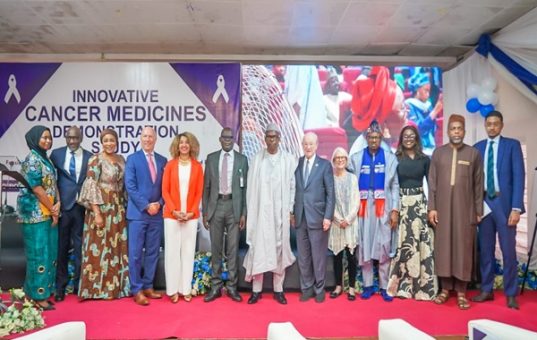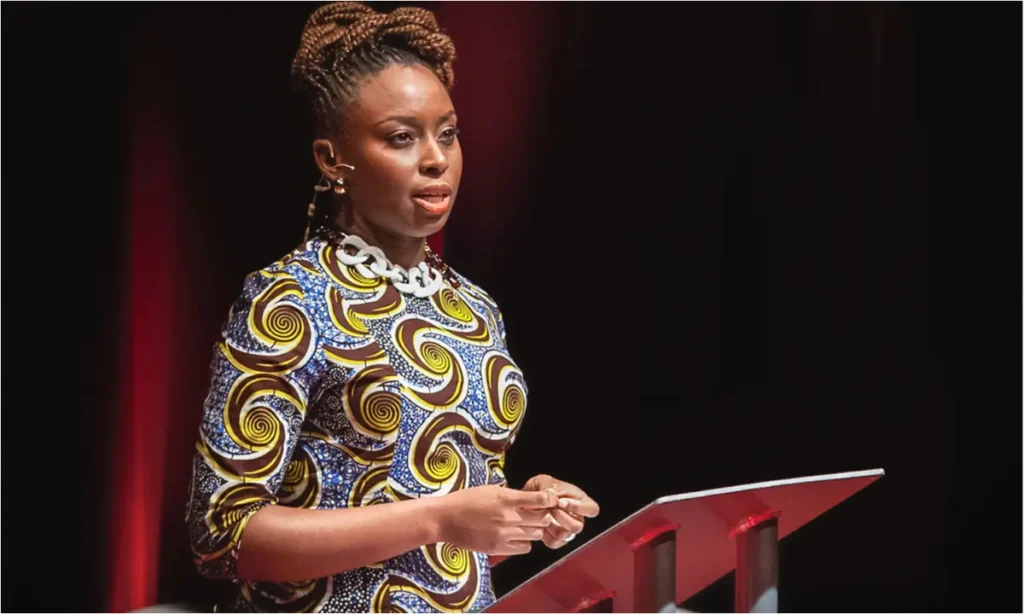Now Reading: FG Launches Landmark Cancer Treatment Study to Tackle Surge in Colorectal Cases
-
01
FG Launches Landmark Cancer Treatment Study to Tackle Surge in Colorectal Cases
FG Launches Landmark Cancer Treatment Study to Tackle Surge in Colorectal Cases

Alarmed by the sharp rise in colorectal cancer cases across the country, the Federal Government of Nigeria has unveiled a first-of-its-kind cancer treatment study aimed at improving access to advanced therapies and saving thousands of lives.
The project — Innovative Cancer Medicines (ICM) Demonstration Study — was officially launched on Tuesday at the National Hospital, Abuja, marking a major milestone in the nation’s battle against cancer.
According to data from the Ministry of Health, colorectal cancer incidence has tripled over the last four decades, now ranking as the second most common cancer among men and fourth overall, responsible for nearly 5,900 deaths annually.
Minister of State for Health and Social Welfare, Dr. Adekunle Salako, described the initiative as part of President Bola Tinubu’s Renewed Hope Health Agenda, which prioritises equitable access to innovative, life-saving treatments.
“The Federal Government is determined to revolutionise cancer prevention, control, and management in Nigeria,” Salako said. “This milestone gives hope that patients in low- and middle-income countries will no longer have to wait decades to benefit from cutting-edge innovations available elsewhere.”
The ICM project, implemented in collaboration with the Clinton Health Access Initiative (CHAI), Parker Institute for Cancer Immunotherapy, Bristol Myers Squibb, and Roche, will test Nivolumab — a globally recognised immunotherapy drug that helps the immune system detect and destroy cancer cells.
With the enrollment of its first Nigerian patient, the country has become the sole African nation implementing the ICM project after extensive regulatory work since its conception in 2019.
Principal Investigator, Prof. Abubakar Bello, explained that the project is a demonstration study, not a clinical trial, designed to test the feasibility and impact of delivering advanced cancer care within Nigeria’s health system.
“Nivolumab is already saving lives globally. We are showing that Nigerian patients can also benefit safely and effectively,” he said.
Prof. Bello revealed that 43% of Nigerian colorectal cancer patients tested show MSI-high genetic markers, meaning they are more likely to respond to immunotherapy. Each treatment cycle of Nivolumab costs about ₦9.5 million, but through the partnership, 30 patients will receive free diagnosis, treatment, and monitoring for 18 months — a donation valued at over ₦7 billion, making it one of Nigeria’s largest-ever cancer care donations.
Dr. Salako noted that the initiative aligns with Nigeria’s National Cancer Control Plan, which focuses on early detection, affordable diagnostics, and equitable access to treatment. He confirmed that six regional cancer centres of excellence have been established — three already commissioned — with the 2025 national budget carrying the highest-ever allocation for cancer infrastructure.
Beyond treatment, the government is also investing in public education, lifestyle modification campaigns, and nationwide screening programmes.
Global partners hailed the initiative as a turning point for Africa’s oncology landscape.
Dr. Kevin Marks of the Parker Institute described the collaboration as “proof of a shared commitment to equitable healthcare,” while Ms. Natania Candelario of Bristol Myers Squibb said it demonstrates “Nigeria’s readiness to deliver world-class cancer care when supported with the right resources.”
Dr. Funke Fashawe of CHAI added that the launch was the result of five years of dedicated work to make immunotherapy accessible in Nigeria, ensuring “safe and effective administration for all patients.”
The ICM Demonstration Study represents a historic shift in Nigeria’s cancer treatment landscape, bridging the gap between innovation and accessibility while generating critical data on how African patients respond to advanced cancer therapies.
As Dr. Salako noted, “This project is not just about treatment — it’s about hope, equity, and proving that Nigerian lives matter in global health innovation.”




